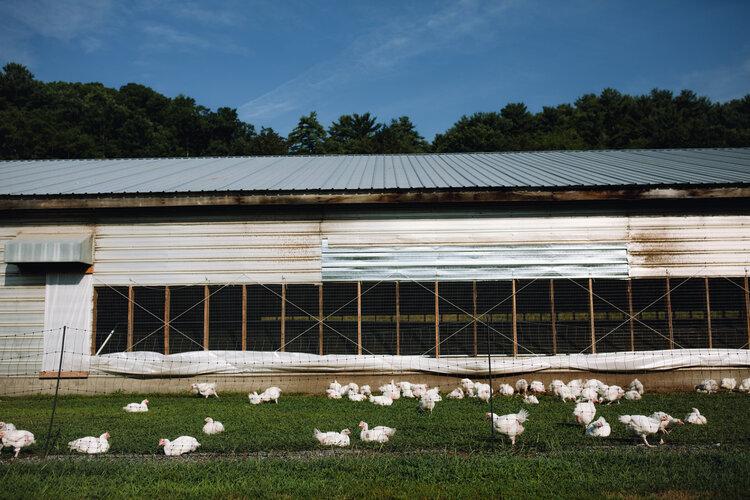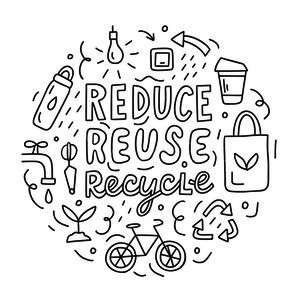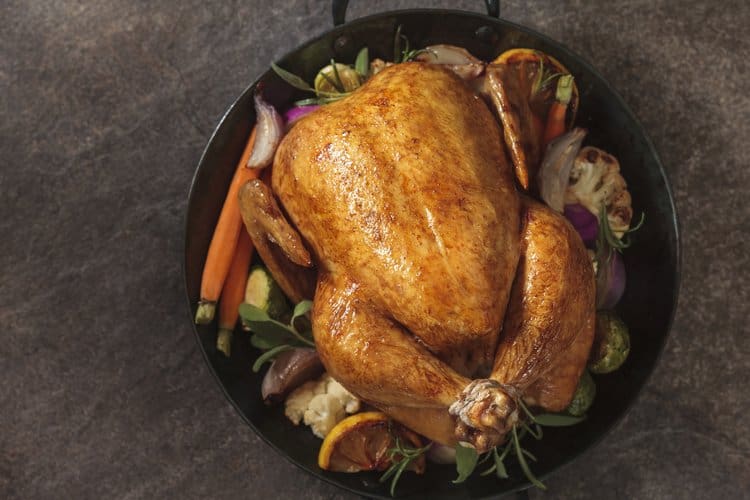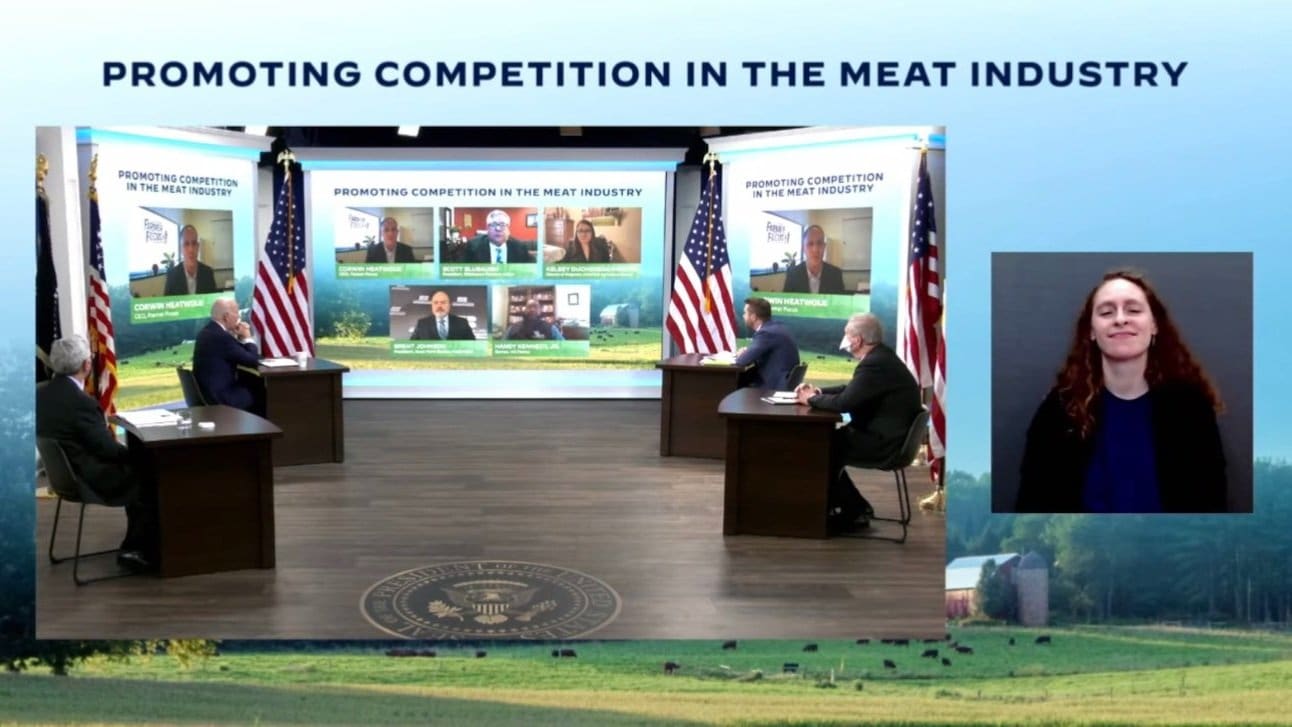We are thrilled to share with you a new chicken feather in our cap!
For years, Farmer Focus has been working to reduce pollution produced by our farming and production practices. We learn more and more each day how connected living beings are to the land, and how important it is to protect the land from harmful contaminants. We’ve asked farmers and environmental experts to show us where we can do better, and we’re taking actions to operate in cleaner and less wasteful ways. It’s a work in progress, and we have a ways to go yet, but what we’ve done so far has been recognized by the Virginia Department of Environmental Quality (DEQ), and we are committed to these efforts for the long haul.
The DEQ recently published twenty-two case studies in successful pollution prevention. The case study about Farmer Focus, which you can read here, outlines all we’re doing to prevent pollution at farms, at the processing facility, and at our offices. We try to focus on the 3 R’s: Reduce, Reuse, and Recycle. By reducing waste and conserving resources wherever we can, we also reduce the amount of materials we need to reuse and recycle. So that’s the first step. We “reduce” by installing motion sensor LED lighting at the plant, developing on-site wastewater treatment, and replacing polystyrene foam with something reusable. These are cutting edge ways to use less electricity and water and reduce trash. We’re also looking at ways of using biochar in chicken bedding, which will reduce bacteria in chicken houses. Common sense approaches also help reduce waste, like letting natural light illuminate the chicken houses during the day. We’ve all been taught to turn off the light when we leave the room, right?

As for “reuse,” we allow farmers to reuse their existing houses and other structures. Kind of like “If it ain’t broke, don’t fix it,” we believe “if it’s still usable, don’t replace it!” We’re researching how farmers might be able to kill pathogens in used bedding with heat so they can reuse the bedding for the next flock. And water reclaim stations at the processing facility let us reuse some water, alleviating the burden on the city’s supply.
We have ramped up our recycling efforts to handle whatever food waste, cardboard, and plastic we create. If we want the land to be healthy, we can’t keep handing our trash off to someone else. We have to handle it ourselves. So we’re installing a cardboard compactor and composting food waste and biosolids. This achievement has lit a fire under us to find even more ways to reduce our environmental footprint and be good stewards of the land we all rely on. We’re excited for this journey and so grateful y’all are on it with us.



